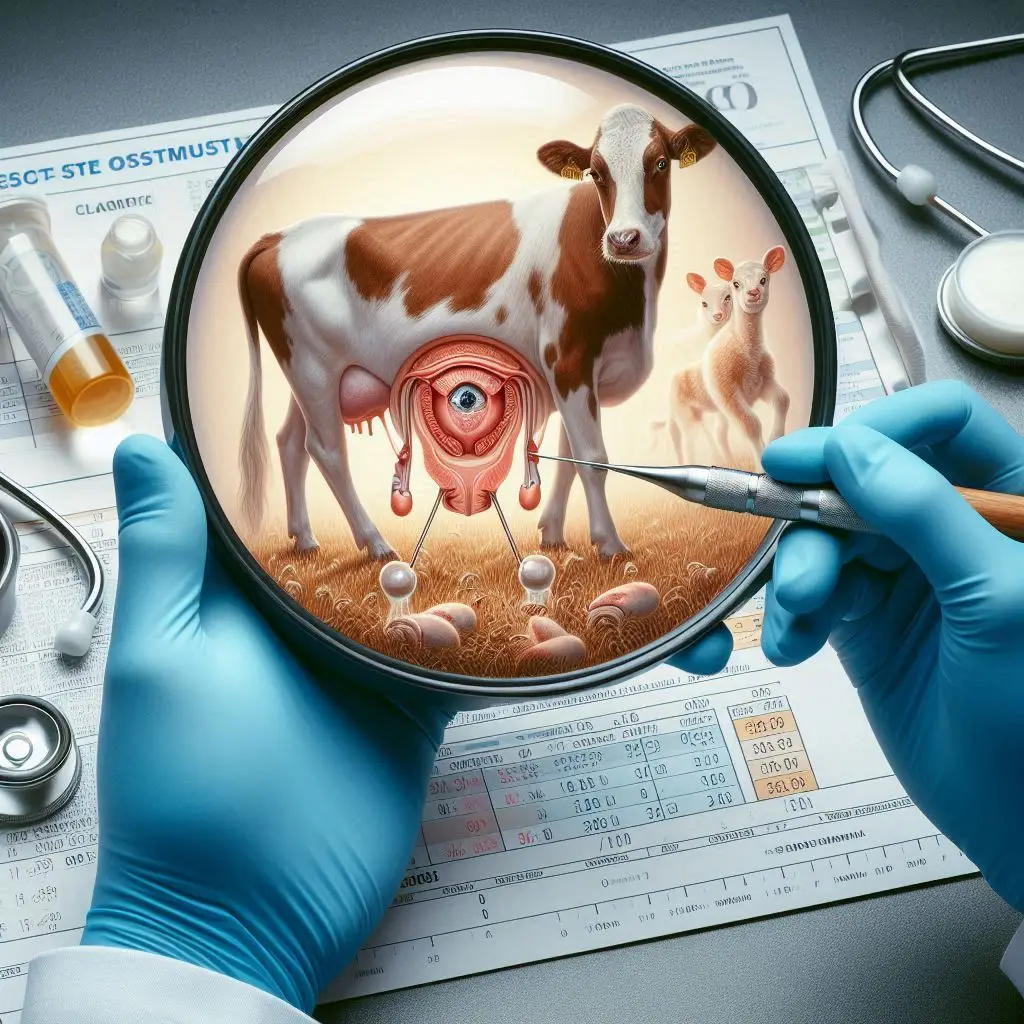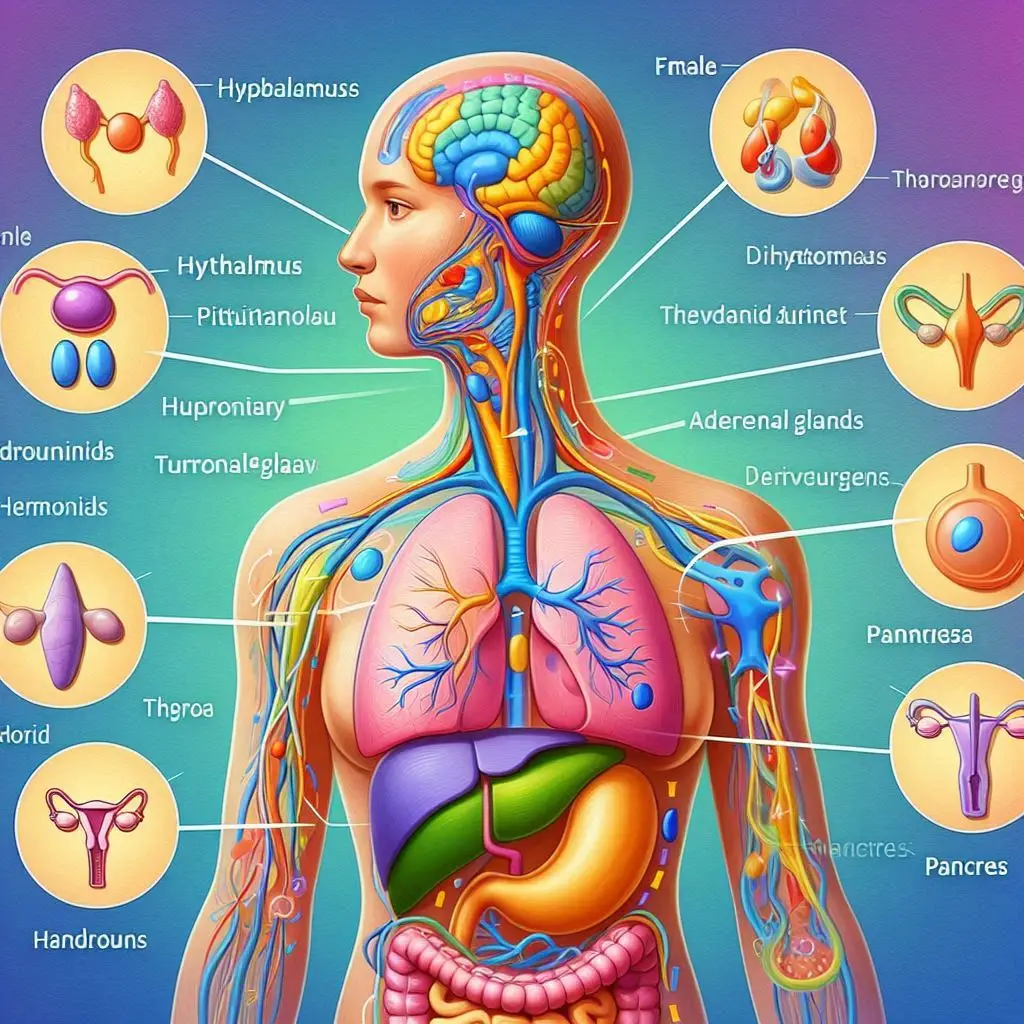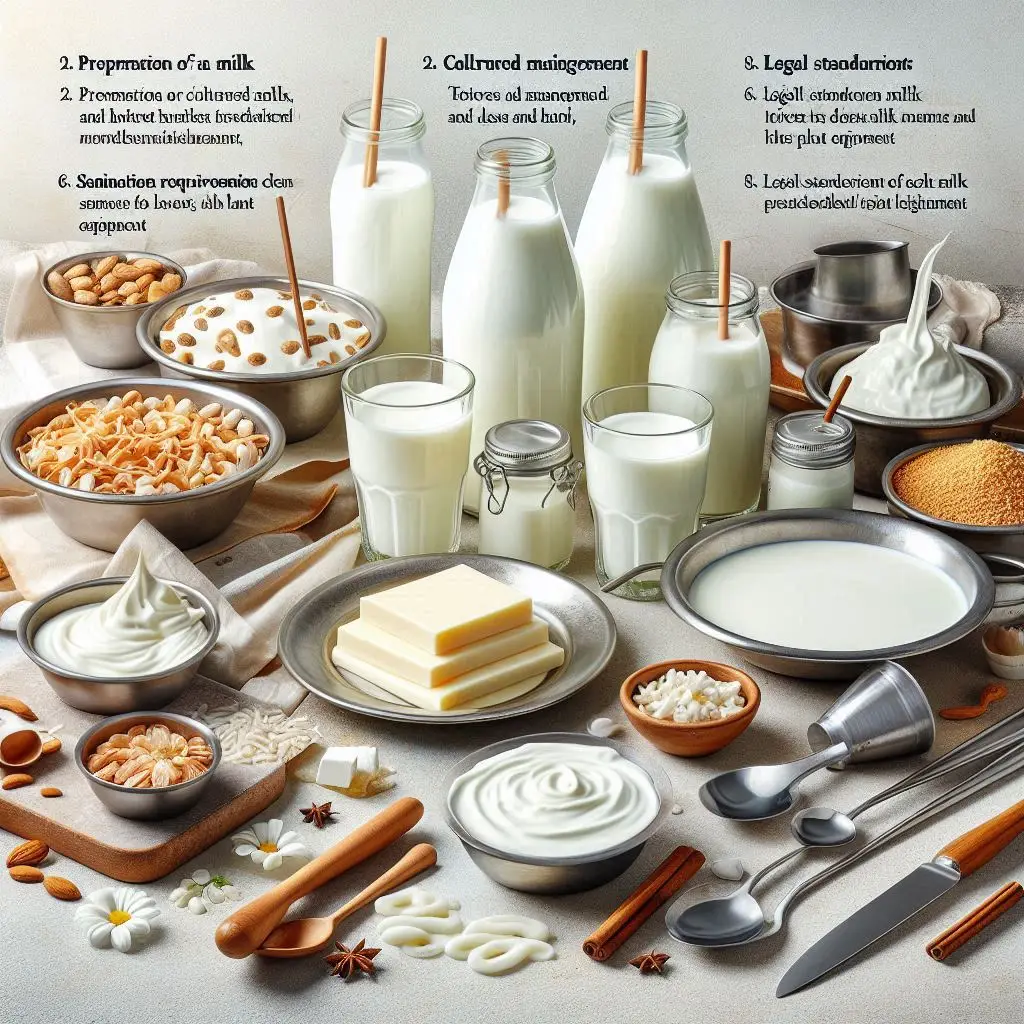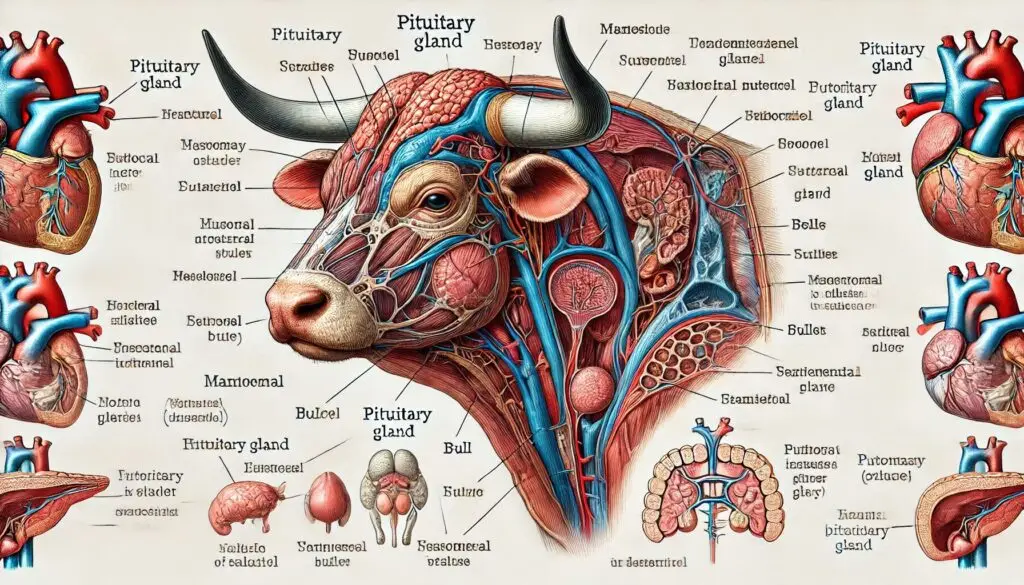Control of Mammary Development in Animals

Introduction
The mammary gland is a remarkable organ that undergoes significant changes throughout an animal’s life. Hormones play a vital role in regulating these changes. Understanding how hormones influence mammary development can provide insights into reproductive health and lactation. This article delves into the hormonal control of mammary development, highlighting key hormones and their functions.
The Role of Hormones in Mammary Development
Overview of Hormonal Regulation
Hormonal regulation involves a complex interplay between various hormones. These hormones coordinate the growth, differentiation, and function of the mammary gland. The primary hormones involved include:
- Estrogen
- Progesterone
- Prolactin
- Oxytocin
- Growth hormone
- Corticosteroids
These hormones interact with specific receptors in mammary tissues, triggering developmental processes.
Key Hormones and Their Functions
Estrogen
Estrogen is crucial during puberty. It stimulates the growth of ductal structures in the mammary gland. Increased estrogen levels lead to the proliferation of epithelial cells, preparing the gland for future lactation. For more details on estrogen’s role, visit this PubMed article .
Progesterone
Progesterone works alongside estrogen to prepare the mammary gland for milk production. It induces lobular-alveolar development during pregnancy. The withdrawal of progesterone at parturition triggers lactation. This process is essential for establishing milk secretion.
Prolactin
Prolactin is vital for milk synthesis. Its levels rise significantly during pregnancy and lactation. Prolactin promotes secretory differentiation in mammary epithelial cells. For an in-depth look at prolactin’s role, refer to this Springer article .
Oxytocin
Oxytocin facilitates milk ejection during breastfeeding. It stimulates myoepithelial cells to contract, pushing milk from the alveoli into the ducts. Understanding oxytocin’s function can be explored further in this Nature article .
Metabolic Hormones
Metabolic hormones also influence mammary development:
- Growth Hormone (GH): GH promotes cell growth and differentiation.
- Corticosteroids: These hormones regulate metabolic responses and have direct effects on milk composition.
- Thyroid Hormones: They are involved in overall metabolic regulation, impacting mammary function.
Developmental Stages of Mammary Gland
Puberty
During puberty, hormonal changes initiate breast development. Estrogen and progesterone levels rise, leading to ductal growth and branching. This stage sets the foundation for future lactation.
Pregnancy
Pregnancy triggers extensive changes in the mammary gland:
Lobulo-Alveolar Development
Under the influence of progesterone and estrogen, lobules form. This development is crucial for future milk production.
Secretory Differentiation
Prolactin plays a critical role here by promoting the formation of secretory cells necessary for milk production.
Preparation for Lactation
The gland becomes fully prepared to secrete milk as hormonal levels peak during late pregnancy. For insights into pregnancy-related hormonal changes, check this Springer article .
Lactation
Lactation is characterized by:
- Milk Production: Prolactin maintains milk synthesis.
- Milk Ejection Reflex: Oxytocin triggers ejection during suckling.
After weaning, hormonal changes lead to involution, where the gland returns to its pre-pregnancy state.
Involution
Involution involves cell death and tissue remodeling after lactation ends. Local cytokines and decreased prolactin levels trigger this process.
Conclusion
Hormonal control of mammary development is vital for reproductive success and infant nutrition. Understanding these hormonal interactions enhances our knowledge of lactation physiology and potential health interventions.
More from Veterinary Physiology:
https://wiseias.com/biochemica





Responses